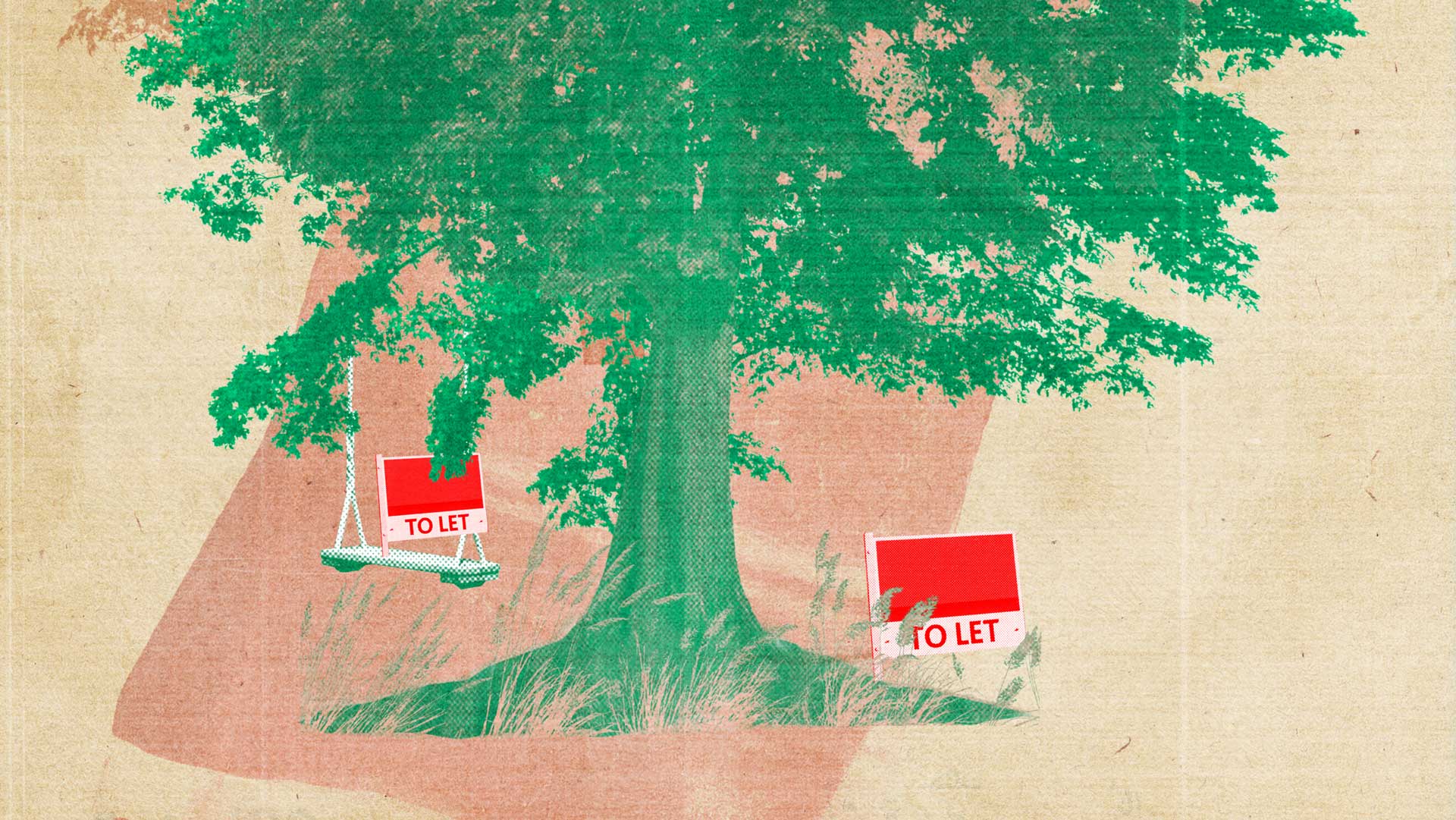On November 6, 1217, two documents became part of our constitution, Magna Carta and the Charter of the Forest, the latter asserting that everybody had a right to subsistence, a right to a home and a right to work in the commons. The commons are natural resources – land, water, air, forests and woods, minerals and other resources in and under the land. They also include the social amenities and a body of ideas bequeathed to us by the many generations before us.
Yet throughout history, elites and governments serving their interests have plundered our commons illegitimately, by enclosure and encroachment, and recently by privatisation and neglect through budget cuts under the name of ‘austerity’.
The modern plunder began with Margaret Thatcher, who launched the privatisation of council housing. This was popular with those who had council houses at the time, since they gained government subsidies to help acquire a property. But those houses belonged to the whole country, not just to specific occupants at the time.
Along with cuts to public spending on council and social housing, today we have two million fewer council housing units than in the 1980s. Coupled with that culling, the government has operated another scheme benefiting the rich in the form of ‘buy-to-let’ subsidies. As a result, housing has lost most of its commons character. There are now over two million landlords, many with numerous properties. Rents have soared, and there is a housing shortage, made worse by the fact that foreign oligarchs have been buying posh properties as speculative investments and keeping them empty.
The shortage reflects a phenomenon first described in 1804 and known as the Lauderdale Paradox. The writer noted that as private riches grow, public wealth falls, since as the rich become richer they could buy up the commons and create ‘contrived scarcity’, pushing up the price for low-income people and reducing the availability.
It is the commoners who suffer, especially lower-income people, who most need public spaces in which to live. The rich mostly have their own gardens
This has happened to many parts of the commons. When Thatcher privatised water supply in 1989, she created private regional monopolies that could raise water prices while taking huge profits. The companies took the profits, loaded the water companies with debt, and under-invested in maintenance and storage, leading to today’s situation in which more water is lost in leakages from old pipes and drains than reaches households.









